BirdLife International’s Forest Impact Accelerator
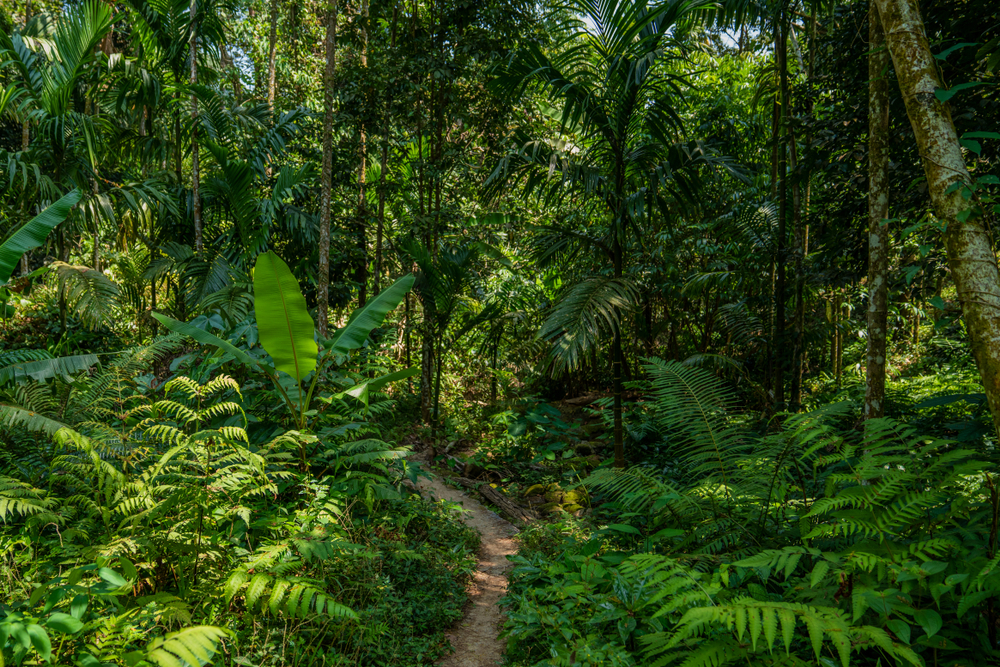
BirdLife’s Forest Impact Accelerator tackles one of conservation’s biggest challenges: how to break free from unsustainable funding and tap into the huge scale of the private sector.
Forests are disappearing. As are the species that thrive under their canopies and the services they provide to communities worldwide. Whether it’s due to agricultural expansion, resource exploitation or weak governance, ultimately, deforestation is a symptom of a global system that does not value forests in their natural state.
But it doesn’t have to be that way. BirdLife has shown that forests can be preserved for the long term, with proven conservation projects at small and medium scales in many incredible landscapes worldwide. We have found a way to develop and upscale the most successful conservation enterprises to build innovative funding models that change how businesses, governments and society see forests.
Local conservation organisations play a crucial role in sustaining the tropical forests that we all depend on. BirdLife International’s national Partners have had remarkable success in securing legal protection for threatened forests around the world, and in supporting local communities to conserve their forests. But too often conservation initiatives do not reach their full potential because they are built on traditional NGO structures with insecure funding cycles.
How can a conservationist think of innovative and future-proof solutions when they are not sure if their work will have funding next year?
BirdLife’s Forest Impact Accelerator tackles one of conservation’s biggest challenges: how to break free from unsustainable funding and tap into the huge scale of the private sector. This requires us to explore how we can create economic value for forests while keeping them standing, and what are the right incentives to draw in private finance.
Investing in new sustainable finance solutions for forests
The Accelerator is modelled on start-up incubators in the tech sector. We select the Sustainable Finance Initiatives (SFIs) posed by BirdLife Partners that have the highest potential to conserve forests and draw in income for the Partner and local communities. Once selected, these initiatives are kick-started and scaled-up with targeted seed funding, technical mentorship and profile raising.
Launching our 4th cohort in 2024, the Accelerator has already strengthened 14 NGOs and helped build six new landscape-scale SFIs from initial idea to commercial scale up. Since 2019, the Accelerator has leveraged over USD $3 million in project funding. To date, programme has operated across tropical forest landscapes covering over 1 million hectares, contributing to protection of at least 400 globally threatened species and 100 million tonnes of forest carbon.
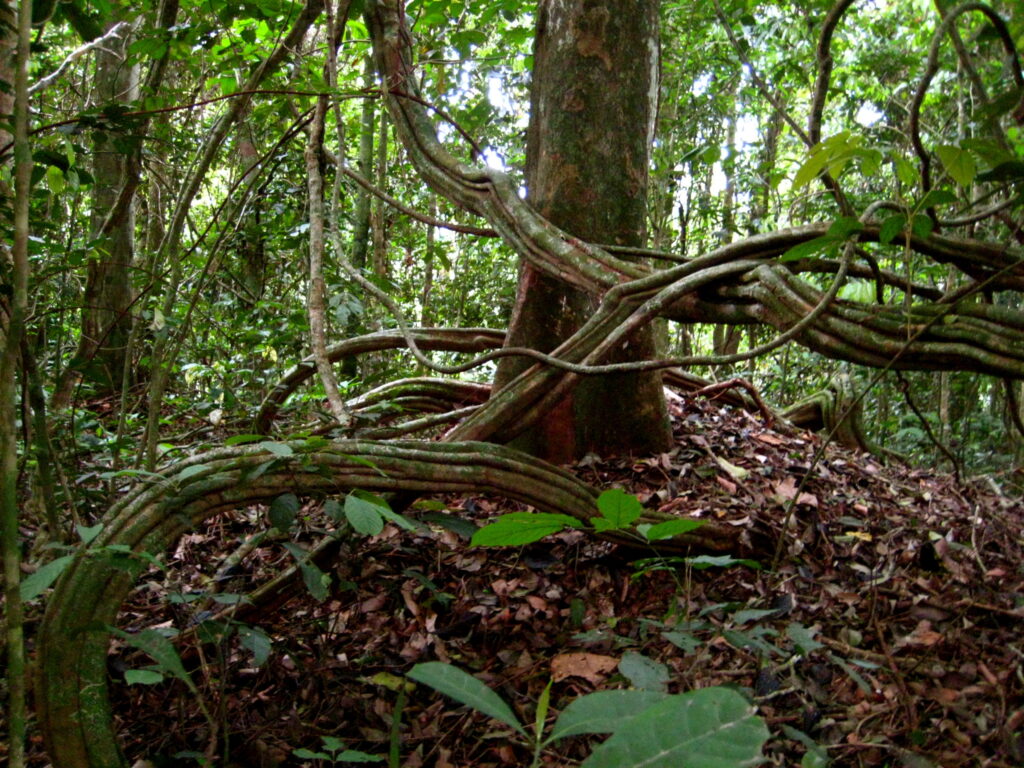
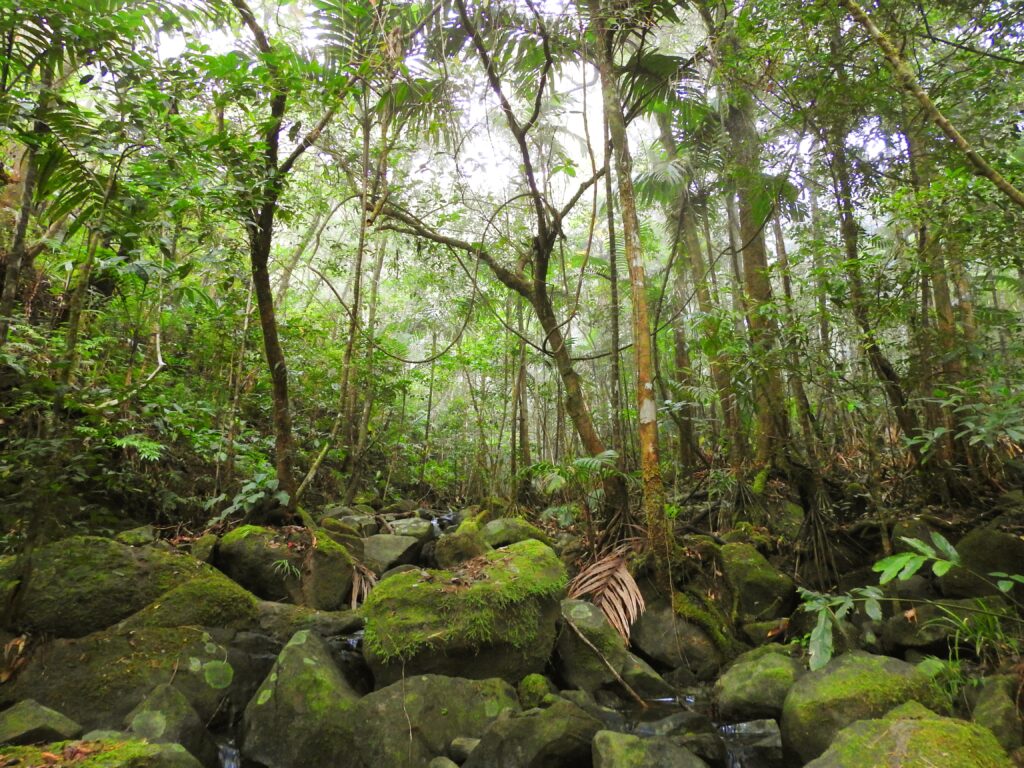
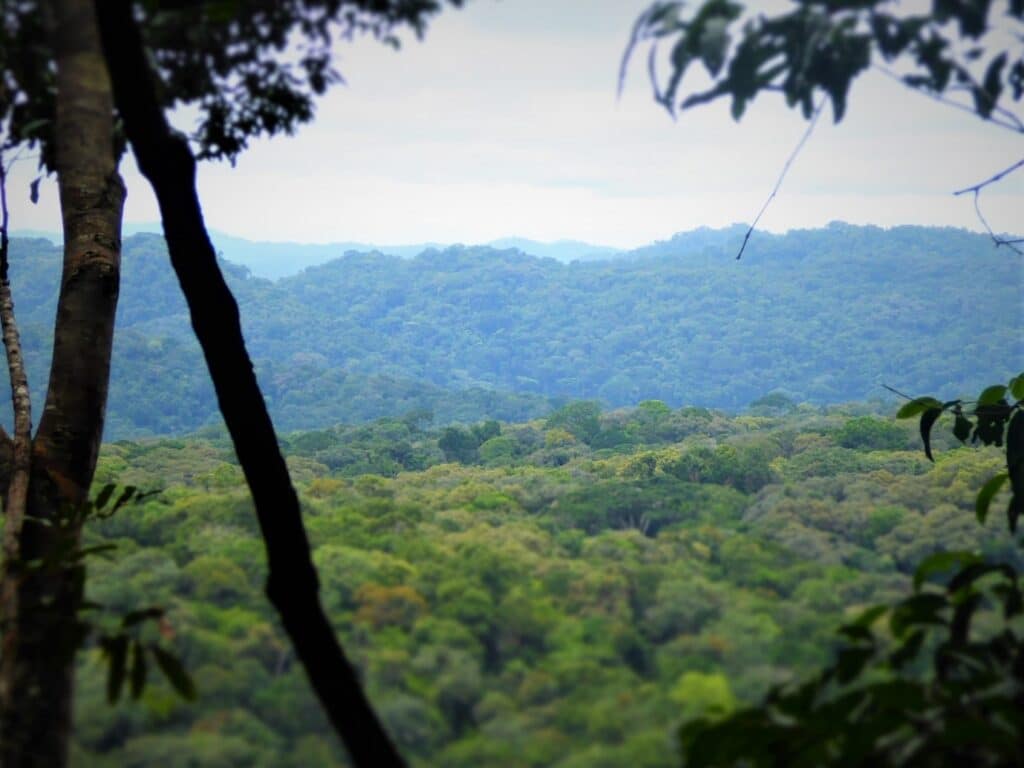
Unlocking Significant Potential in Conservation Finance
We are unique in our focus on the most important tropical forest landscapes, highly customized technical support for national organizations, and non-repayable, small-scale seed funding for early stage SFIs. We’re building a pipeline of high impact mechanisms that can capitalize on global commitments and investments in forests.
The Accelerator has the potential to incubate 50 SFIs over the next 10 years. It will generate forest-protective, market-based revenues and economic incentives that benefit rural communities and nature over 40 priority landscapes worldwide. These innovative solutions will act as models to be adapted and replicated across BirdLife’s 122 national Partner’s landscapes, and in the emerging conservation finance sector around the world.
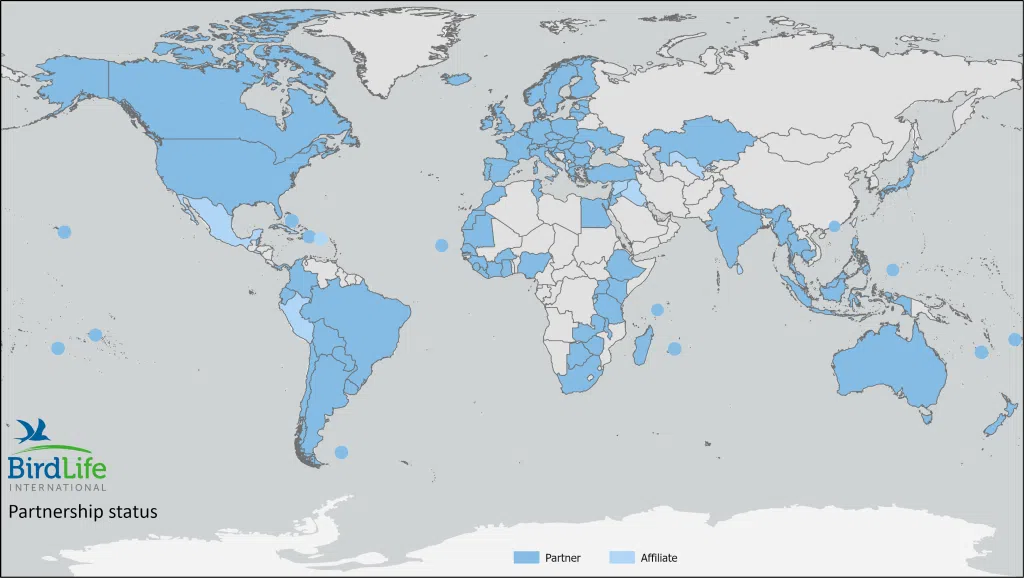
The 2024 Accelerator Cohort
BirdLife International, alongside our technical partners, are supporting six national BirdLife Partners in advancing a range of innovative and exciting SFIs, from commodities to carbon.
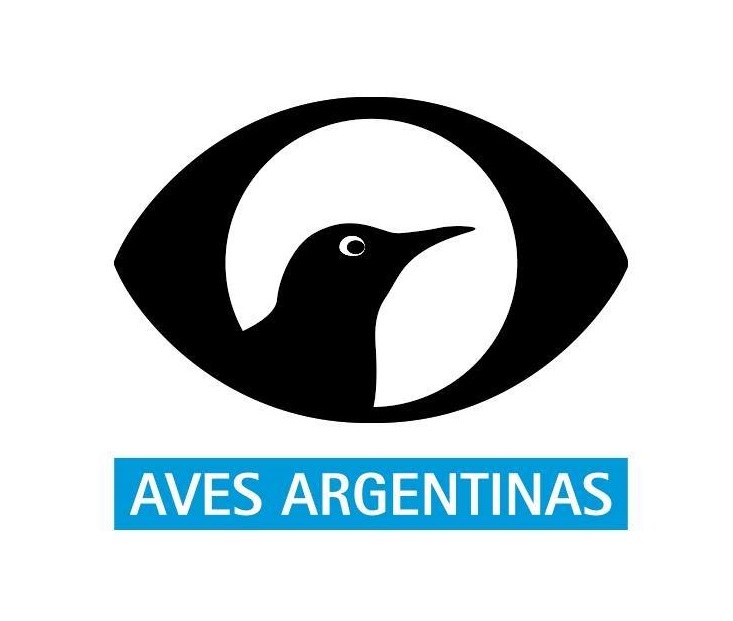
Aves Argentinas, Argentina
Having successfully developed their Cultivo Amigo de los Aves’(CAA) certification seal for sustainable yerba mate production through previous support of the Accelerator. Aves Argentinas are now exploring a Payment for Ecosystem Services (PES) mechanism which can be pair with the CAA seal to promote and incentivise more yerba mate farmers in the Atlantic Forest to become certified and grow their yerba mate to grown according to strict conservation standards

Asociación Calidris, Colombia
Calidris are scoping a forest carbon project in the Paraguas-Munique corridor – an area with very high levels of deforestation. The project will develop a conservation fund, aimed at enhancing agroecological farming within local communities while strengthening local markets and supply chains, providing alternative livelihoods to extractive activities which degrade forests.
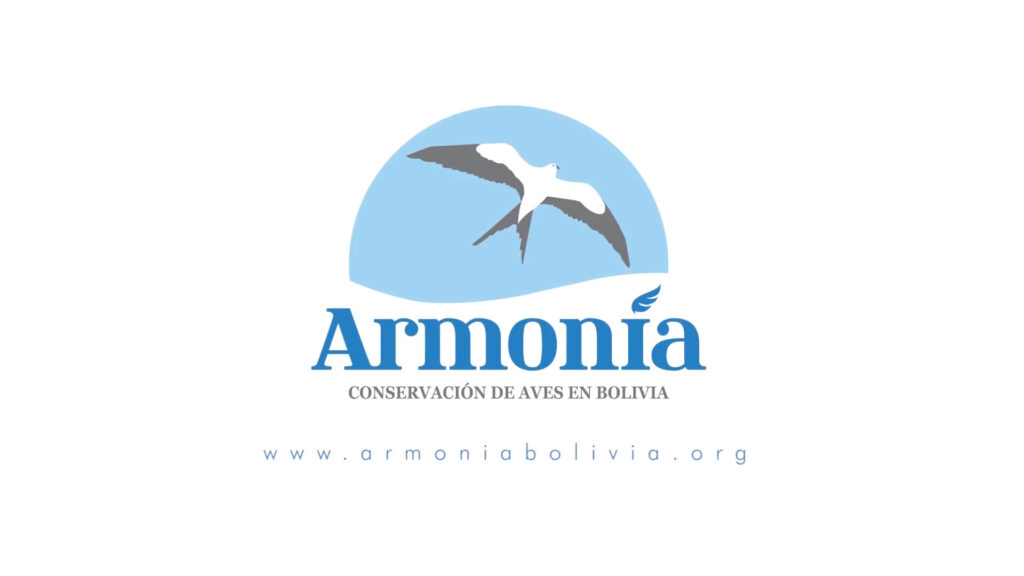
Asociacion Armonia, Bolivia
Armonia are developing a water services PES mechanism to fund the management of Tunari National Park (TNP) Bolivia and to support the sustainable development of communities within the southern slopes of the TNP.
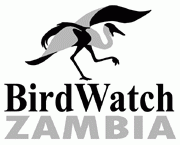
BirdWatch Zambia
BirdWatch Zambia are carrying out a scoping exercise to evaluate the viability of a sustainable finance project across two distinct Important Bird Areas (IBAs) – Machile and Simungoma. The initial focus will be forest carbon or NTFPs.

Bird Conservation Nepal (BCN)
In Mai Valley, BCN are exploring the potential of upscaling Non Timber Forest Products (NTFPs) production, mainly tea and cardamon, whilst developing entrepreneurship opportunities for local people, particularly disadvantaged groups. The project is also exploring adding value to the NTFPs and analysing national and international markets.

Burung Indonesia
Reacting to new government guidance on the carbon market guidance in Indonesia. Burung are exploring the development of a forest carbon project in Mbeliling landscape, Flores.

Previous Accelerator Cohort

ProNatura Sur (Mexico)
ProNatura Sur works to protect Southern Mexico’s Sierra de Chiapas landscape, a mountain range that includes highland, temperate and humid forests, and pine-oak forests in their natural primary and secondary state. The FIA has supported ProNatura Sur with developing their sustainable resin business model, and specifically their governance and operations plan for the design of a revolving fund mechanism. ProNatura set up two revolving funds at the community level, with ejidos (communities) that had halted the use of resin in previous years but are now resuming activity and finalising the sale of their product.

SAVE Brasil (Brazil)
Based in Brazil’s Atlantic Forest, SAVE Brasil’s FIA-supported project was centred around exploring best practice agroforestry demonstrative units to understand the best potential for sustainability and increased productivity for scale up across communities. The project also explored financial inclusion for farmers through establishing credit lines to support sustainable agricultural practices, and understanding investor needs to bring in additional finance into the landscape.

VietNature (Vietnam)
The FIA has supported VietNature with developing such a business model for transforming short rotation acacia to timber production with native hardwood species. The model is designed to prolong the rotation of plantation and increase the proportion of native hardwood species to produce higher value, sustainable and certified timber.

Asity (Madagascar)
Through attendance at workshops and training events, the FIA has supported Asity Madagascar to explore different options for sustainable finance, including ecotourism in Tsitongambarika.

NatureLife Cambodia (Cambodia)
Covering 98,500 ha, Lomphat Wildlife Sanctuary (LWS) in Eastern Cambodia is a Key Biodiversity Area (KBA) and is one of the remaining intact areas of dry forest in the plains of eastern Cambodia. The FIA first supported NatureLife Cambodia in expanding the Ibis Rice initiative within LWS, which involves farmers signing Conservation Agreements, in exchange for seeds and training on cultivating organic rice which can be sold for a higher premium. Through further support from the FIA and technical partners, NatureLife Cambodia has developed a REDD+ carbon project in LWS which is on track to reach verification by May 2024. An FPIC programme has been designed and is actively rolling out to communities across LWS.

Nature Kenya (Kenya)
Nature Kenya has completed carbon prefeasibility analysis for two critical landscapes Dakatcha Woodlands and Mount Kenya, with support from the FIA. The FIA has also facilitated capacity building of four Nature Kenya staff on carbon project development. Nature Kenya has also carried out awareness raising of local community to carbon finance.

BirdLife Sao Tome e Principe (Sao Tome e Principe)
The FIA has supported BirdLife Sao Tome e Principe to exploit a niche but profitable opportunity in developing butterfly farms. The butterfly business model works with a network of ‘hunter groups’, communities that are paid to capture butterflies from the rainforest, and three butterfly farms that breed the endemic and internationally sought-after butterflies. These farms export chrysalides to butterfly farms and zoos in Europe where they are displayed for educational and recreational purposes. The business model will also work with women associations to create local handicraft products with the butterflies, which can be sold on local tourism markets. Meanwhile, a proportion of farmed butterflies will be released into the wild, ensuring sustainability.
Forest Landscapes are Shaped by Decisions
As you can see in this video, every decision you make can shape tropical forest landscapes. We believe that well-managed landscapes can meet the needs of the present without compromising the future. We need forest-positive incentives, innovation in conservation and investment, so that both people and forests can thrive.
The BirdLife Forest Impact Accelerator is investing in bold, sustainable solutions for tropical forest landscapes around the world.
What’s your next decision?
If you would like to learn more about the Accelerator, please contact Aron Marshall at [email protected].

The Accelerator is an initiative of Trillion Trees: a joint venture comprising three of the biggest conservation organisations in the world (BirdLife, WCS, and WWF), and representing over 100 forest landscape programmes.